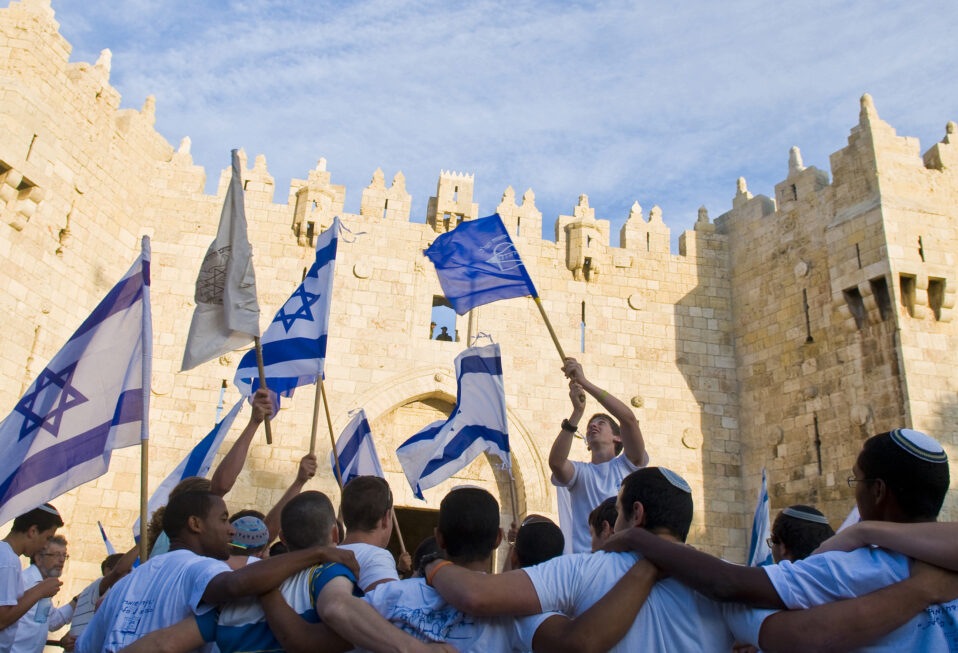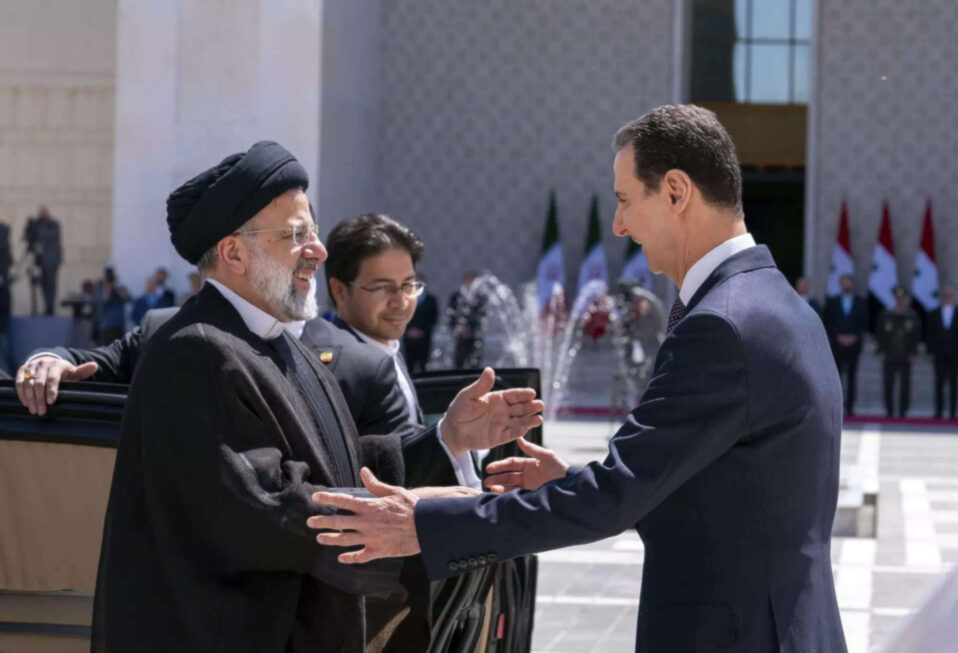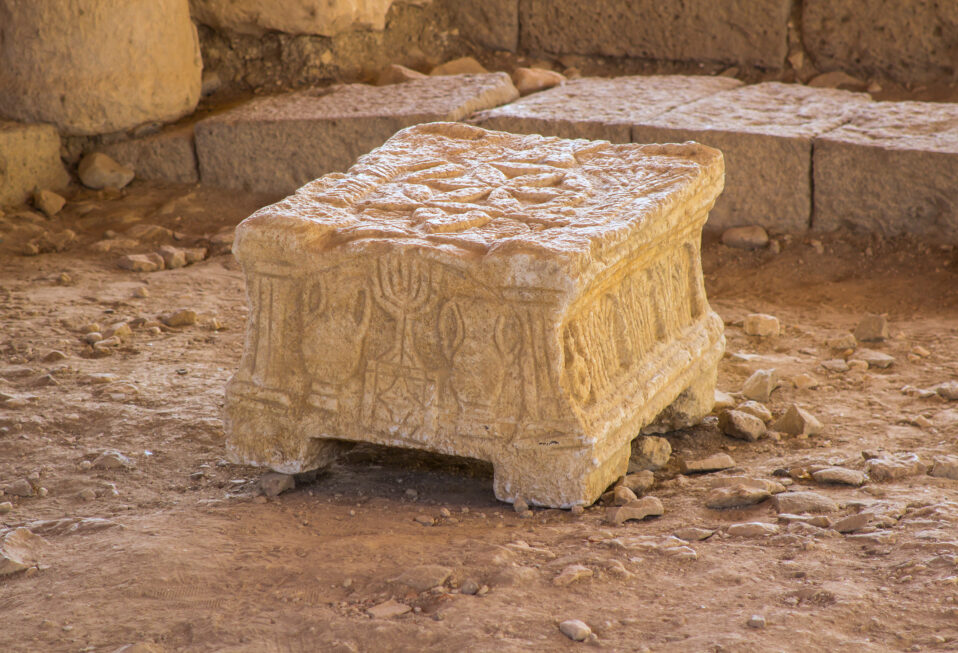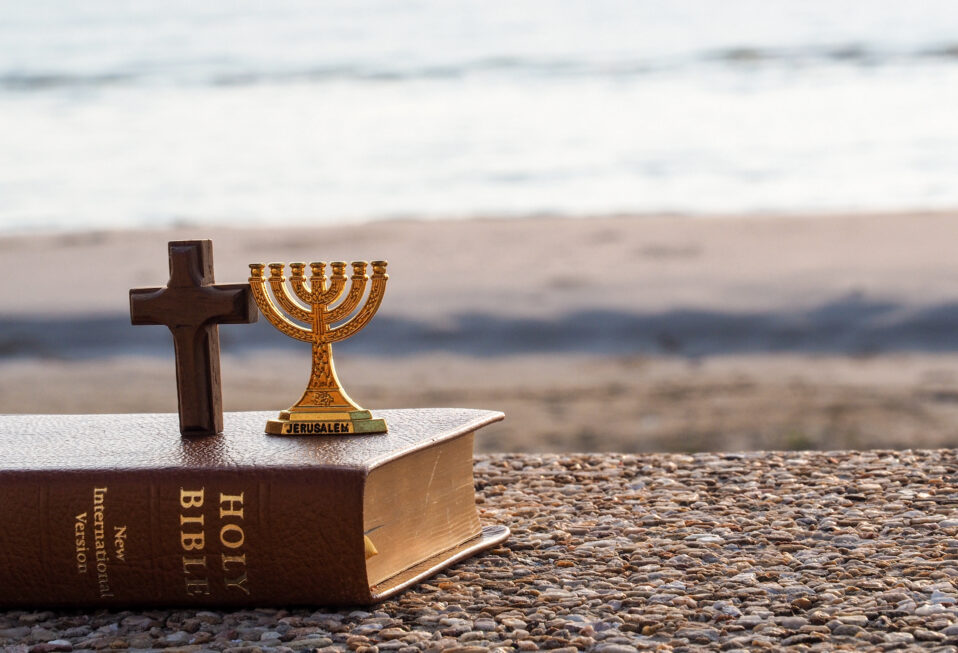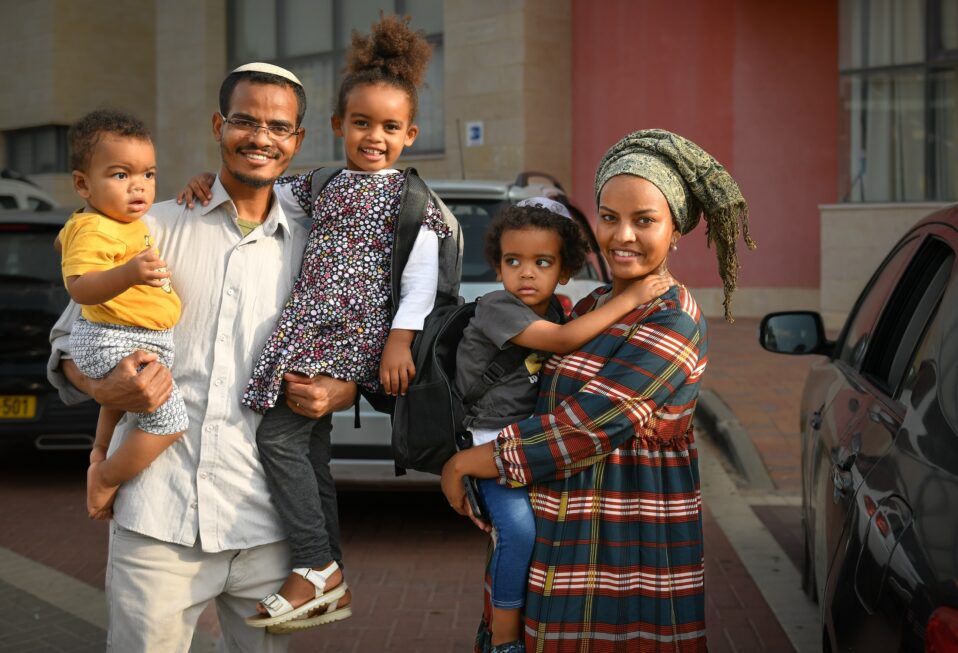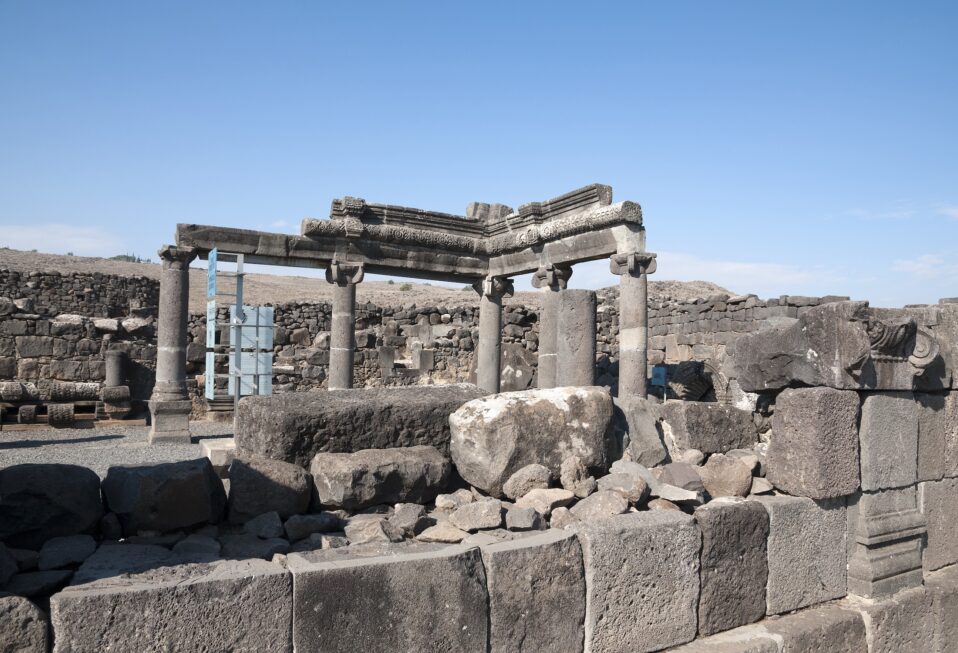By Arlene Bridges Samuels
Among Israel’s friends—600 million evangelicals worldwide—good news surrounding Israel’s 75th anniversary is keeping pace with the bad: deadly rocket barrages from Iran’s terror proxies in Gaza. Among the good news is this: countless Christian-organized celebrations are taking place in Israel, the United States, and other locations across the globe to recognize the rebirth of Israel on May 14, 1948.
Last night, I attended a gala in Washington, D.C., hosted by the International Christian Embassy Jerusalem’s U.S. branch, to celebrate Israel’s 75th anniversary. Fifty ministries joined in as sponsors, including CBN Israel. Hundreds of us enjoyed renewed longtime friendships built while networking together in the pro-Israel movement. Inspiring speakers and music motivated us to become even stronger advocates for the world’s only Jewish nation, our spiritual homeland.
Each anniversary is a miracle engineered by the promise-keeping God of Abraham, Isaac, Jacob, and Jesus. Recognizing Israel’s modern independence, followed by Jerusalem Day on May 18 in Israel’s united capital, is a flag-waving signal to Israel’s enemies and critics that Israel is not alone. It’s also a signal that Israel, on the 75th anniversary of its modern founding, stands strong.
Another sign of strength is tourism. I am relieved that mass cancellations of Christian tours are not happening, at least for the time being. Rev. Dr. Tony Crisp remarked that thus far no one has canceled on any of his TLC Holy Land Tours. He added, “It seems tourists understand the risks/rewards and are making deliberate choices to go.” They choose walking in Jesus’ footsteps, an unforgettable experience in the small country that is only 290 miles long and a scant 85 miles at its widest point. Israel’s Central Bureau of Statistics reports that between January and April of this year, 1.35 million foreign visitors entered Israel. Some tourists are understandably nervous, especially first timers, yet a recent study ranks Israel as the fifth-safest country in the world, safer than the UK, U.S., and most European countries.
Today’s ongoing tourism amid coalescing enemy attacks and mounting Jew hatred is a welcome contrast to the 2000–2005 Second Intifada (uprising). Instigated by Palestinian terrorists, the intifada resulted in Christians and Jews canceling numerous tours. A few of us kept our Christian tour schedules and hoped our Jewish friends were aware of our friendship and support when they saw us walking on the streets, eating in closely guarded restaurant entrances, and visiting Holocaust survivors. We remained vigilant yet felt safe. However, Israelis suffered dreadful losses during the Second Intifada, with more than 1,000 Jews murdered.
Likewise, tour cancellations during the Second Lebanon War in 2006 left the streets of Israel practically empty, with millions of citizens tucked away in bomb shelters and safe rooms. Nevertheless, some Christian tours took place anyway. Forty of us organized a tour in a week’s time—a process that involved passports for several of our travelers being renewed within a few days! We agreed with Israel Always founder Earl Cox, who was compelled to launch the trip.
Cox, appointed by Prime Minister Netanyahu as his Israel Goodwill Ambassador to Jews and Christians, declared, “Friends stand by friends in times of trouble.” The staff of Jerusalem’s Red Cross (Magen David Adom) expressed surprise when about 30 of us showed up to donate blood. Some in our group prayed on and off for hours at the Western Wall, while others traveled up to the Israel-Lebanon border to give out small American flags to the IDF soldiers. They were astonished but encouraged to see American Christians visiting them while rockets fell.
That modern Israel even exists is an act of God as foretold by the prophet in Isaiah 43:5-6 (NIV): “Do not be afraid, for I am with you; I will bring your children from the east and gather you from the west. I will say to the north, ‘Give them up!’ and to the south, ‘Do not hold them back.’ Bring my sons from afar and my daughters from the ends of the earth.”
For 2,000 years, during the Jewish dispersion worldwide, the Hebrew language did not completely die out. It survived in its scholarly and liturgical form until Eliezer Ben-Yehuda immigrated to Israel in 1881 from the former Russian empire. He devoted himself to fashioning Hebrew into an everyday language. Ben-Yehuda’s restoration of Hebrew, and the Jewish immigration (Aliyah) to their ancestral homeland, began in the late 1800s. It signifies Israel’s unique destiny as the world’s only ancient land and language to be restored in modern times.
It is important to emphasize good news while the mainstream media reports its own barrages of bad news. Israelis go on with their lives as best they can. For example, an estimated 40,000 Israelis attended a May 11 outdoor rock concert at HaYarkon Park near Tel Aviv. The IDF allowed it to go on and sent text messages to ticket holders with these instructions if the rocket alarms sounded: “Do not run (dangerous in a large crowd) but drop to the ground and protect your heads with your hands for 10 minutes.” Israel’s countrywide alarm system with military innovations like the Iron Dome anti-missile defense system helps Israelis to feel safer. Another innovation, David’s Sling, was recently used successfully for the first time to shoot down rockets fired from 62 to 124 miles away. Israel’s cyber security expertise also saves lives in every conflict.
May we remember the words of Micah 5:8 (NLT) as God promises, “The remnant left in Israel will take their place among the nations.” Let us make sure we remain part of the Christian remnant praying and actively advocating for Israel.
Please join CBN Israel in praying for Israel and her people this week:
- Pray with thanks for the valuable Christian tourism to Israel.
- Pray for wise decisions by Israel’s leaders to halt Iran’s influence.
- Pray for more Christians to spread facts about Israel by forwarding and posting trustworthy sources like CBN Israel News.
- Pray for Israeli security’s safety as they protect their country.
- Pray for Israel to remain unified as they face existential challenges.
Arlene Bridges Samuels pioneered Christian outreach for the American Israel Public Affairs Committee (AIPAC). After nine years on AIPAC’s staff, International Christian Embassy Jerusalem USA engaged her part-time as Outreach Director for their project, American Christian Leaders for Israel. Arlene is an author at The Blogs-Times of Israel, guest columnist at All Israel News, and has frequently traveled to Israel since 1990. She co-edited The Auschwitz Album Revisited and is a board member for Violins of Hope South Carolina. Arlene attends Israel’s Government Press Office Christian Media Summit and hosts her devotionals, The Eclectic Evangelical, on Facebook.


